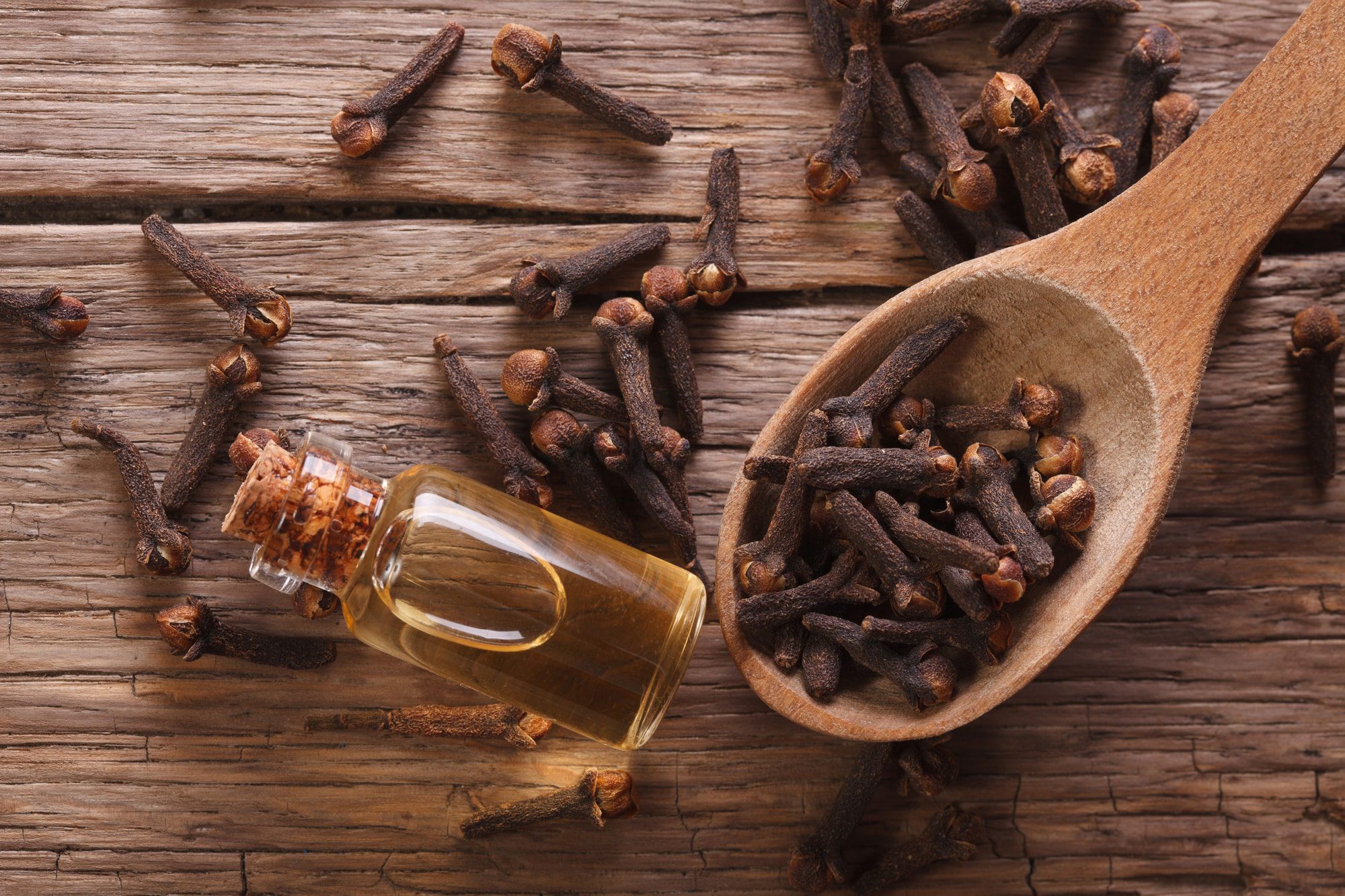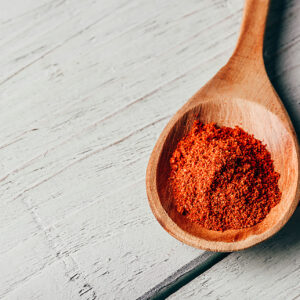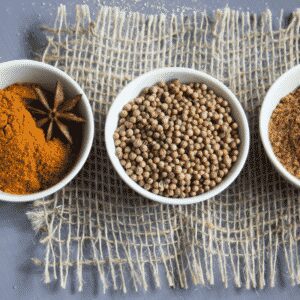Clove is a unique and powerful spice in both flavor and medicinal effects. Some say it originates from Indonesia, although there are reports of its existence dating back to ancient Syria. According to so evidence, traces of clove was found in a burnt down kitchen in Mesopotamia around 1700 BC. One of the original uses of clove is for freshening breath.
Video Overview
Since then, research on clove is uncovering an array of benefits and properties of this pungent spice. The strong potency and flavor are what stands out about it. Most people either like it, hate it, or perhaps tolerate it if disguised enough by other flavors. With clove, it’s all about the subtly and using it in the right way in cuisine. However, the health benefits make it worth tolerating, especially if you battle with certain ailments. So, what can you gain by adding more clove into your diet?
Blood Sugar & Diabetes
Research has uncovered some interesting and potent effects for diabetes and glucose levels. A study published in 2019 showed that the potent antioxidants and nutrients in clove may help lower glucose following a meal. The benefits were even greater for those that had pre-diabetes. The clove extract reduced the post meal glucose spike by over 25%!
Furthermore, clove may help promote insulin production and sensitivity when paired with cinnamon. The effects of both are enhanced when combined with each other. In addition, fenugreek may also add valuable benefits for diabetes and pre-diabetes when used on a regular basis. Several studies have further verified clove as one of the most potent spices for these conditions.
Clove for Infection Defense
One of the most powerful attributes of clove spice is its effects on different pathogens. Moreover, the oil has shown in many studies to defeat and disrupt many different types of infections. The compounds within it help halt the growth and spreading of organisms that can cause problems in the body if left uncontrolled.
However, the spice itself can also be helpful when germs are lurking. Its anti-microbial properties are what made it such a great breath freshener for so many years. In addition, clove is helpful for different types of fungal and yeast infections when used properly. If using clove essential oil, it must be diluted in order to be safe for use.
Clove may Lower Triglycerides
Triglycerides are certainly one of the biggest enemies of cardiovascular disease. Along with c-reactive protein and certain cytokines, these markers are important to keep stable. One small study saw a significant drop in triglyceride and LDL (the bad) cholesterol. Another study at Penn State noticed a 30% reduction in triglycerides when comparing a meal with clove, paprika, oregano, cinnamon, turmeric, and garlic to a similar meal without the spices included!
Pain Relief
Clove is well known for providing relief for toothaches. However, it is also helpful for muscle aches, bunions, wounds, and cuts. It’s important to properly dilute it first if using the oil or it will sting. Making a water-based extract from the tea and spice is fine to apply as is.
In addition to the aforementioned benefits, preliminary research shows potential benefits for certain types of cancer, liver health, parasites, hypertension, digestion, ulcers, and more! Some of these aren’t yet totally proven, but encouraging research exists. Since it is safe to use, there’s no need to wait years to start benefiting from it.
Clove is also one of the most powerful antioxidants in the world. The ORAC value is much higher than most superfoods that are always pushed for their antioxidant value. In hundreds of herbs, foods, and spices tested, clove ranks as number 2 behind only sumac bran. Very impressive potency for a humble and overlooked spice.











